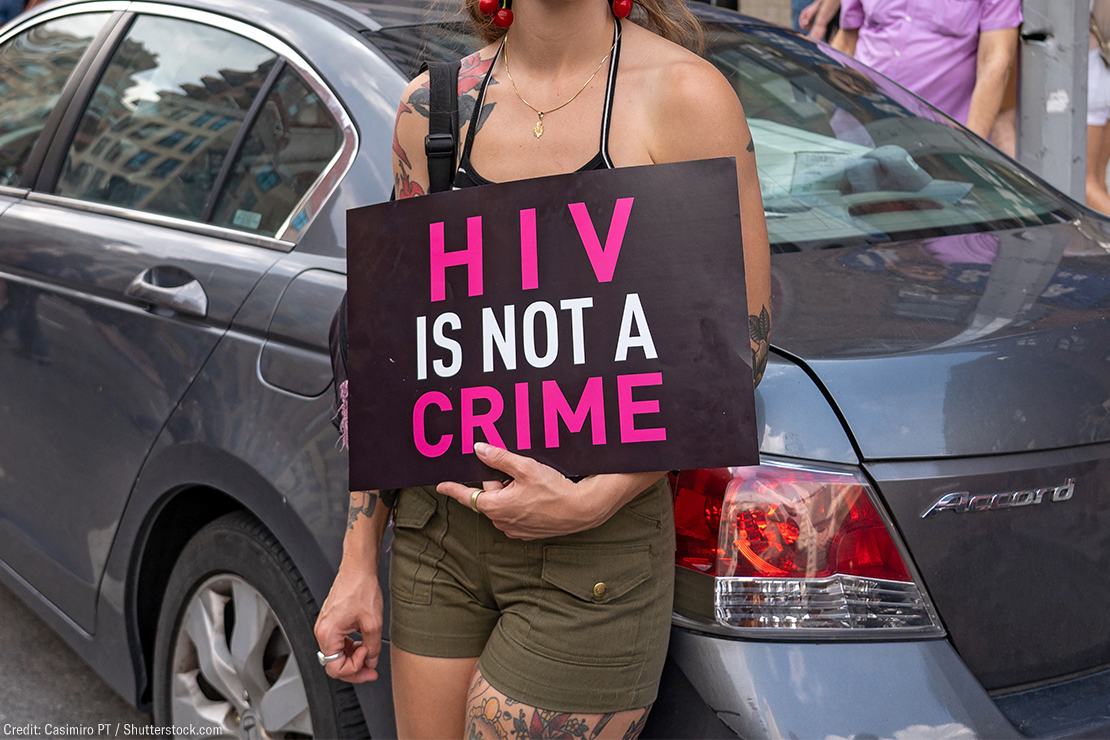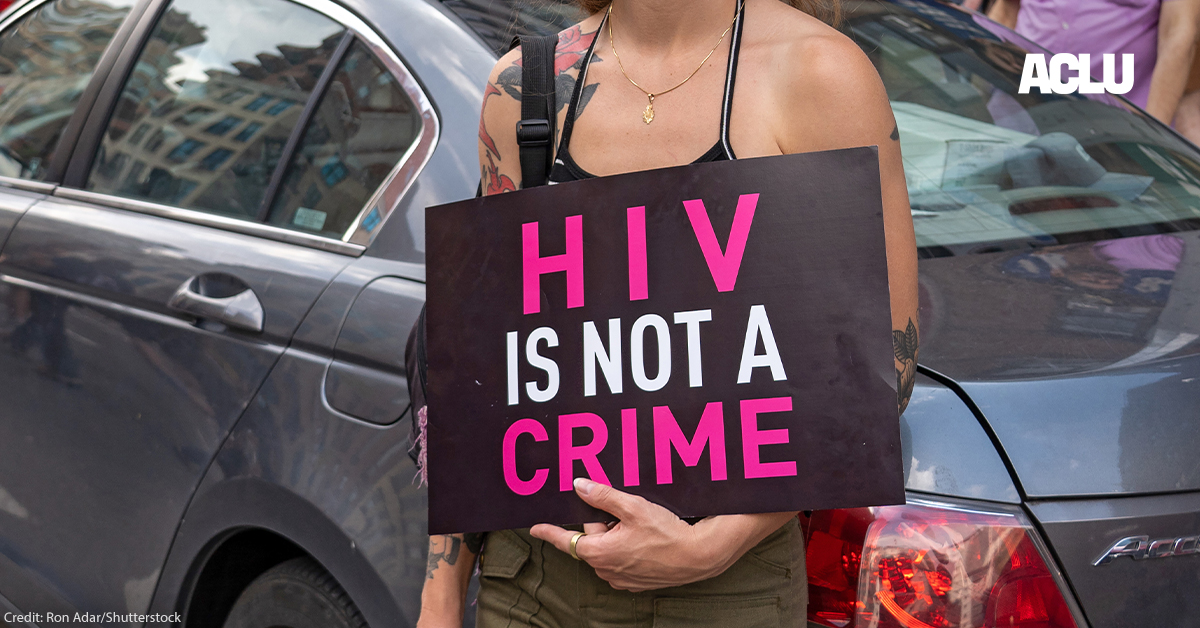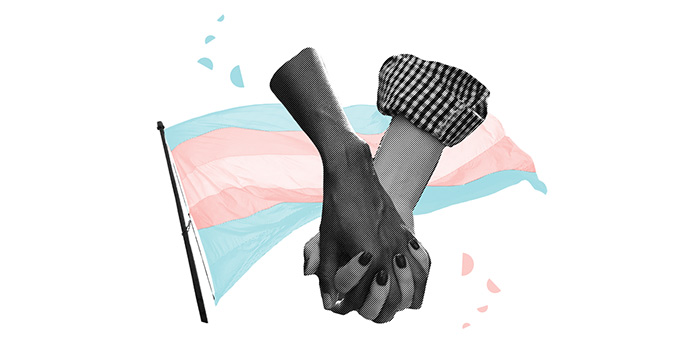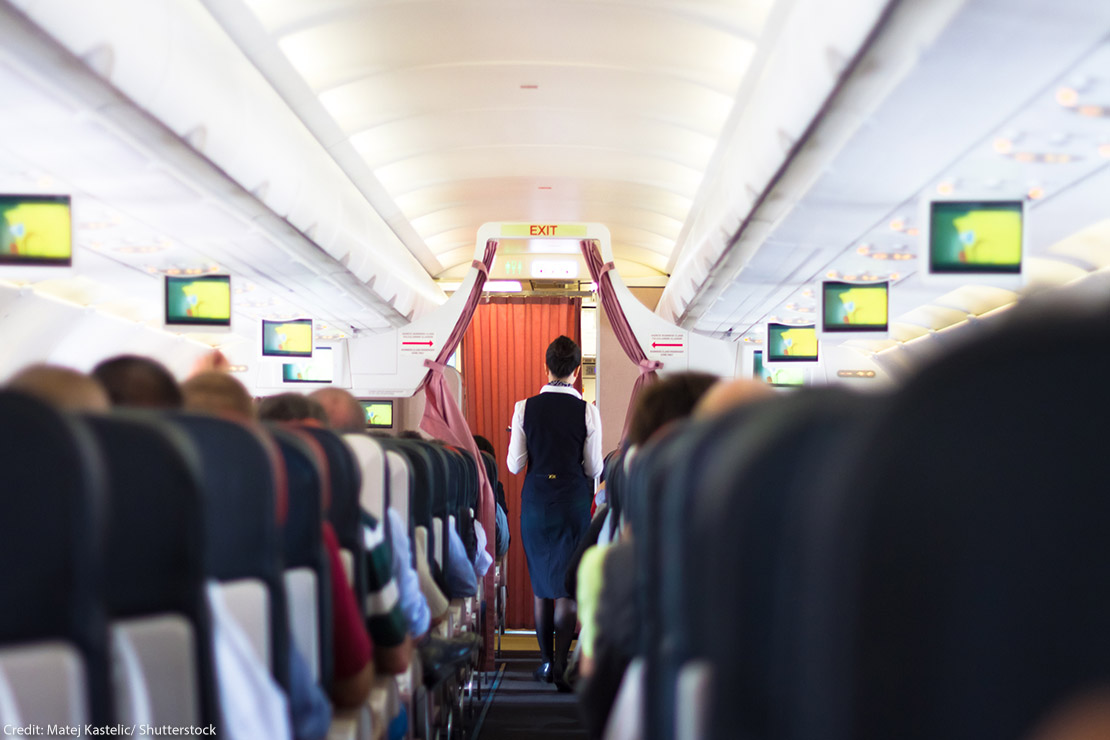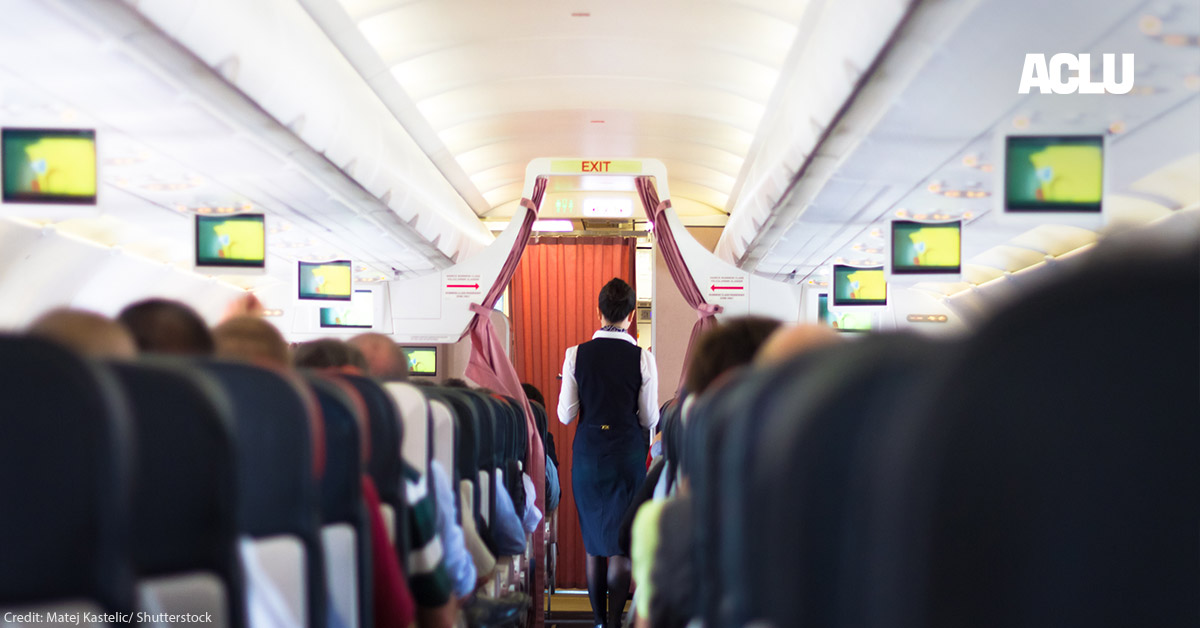A 2023 Texas law allowing public schools to hire chaplains, or accept them as volunteers, to provide student support services has inspired more states to consider copycat legislation. In March 2024, the Florida Legislature passed a school chaplain bill, which now awaits the governor’s signature. Similar bills have been introduced in 13 other states: Alabama, Georgia, Indiana, Iowa, Kansas, Louisiana, Maryland, Mississippi, Missouri, Nebraska, Ohio, Oklahoma, and Utah.
Most of the proposed legislation authorizing school chaplains would allow chaplains to take on sensitive and critical responsibilities, such as counseling students, without the same qualifications as school counselors or other student support staff.
The ACLU, along with faith groups and other civil rights organizations, has vigorously opposed these efforts. Allowing chaplains in public schools violates students’ and families’ right to religious freedom. And, because chaplains are typically not trained or certified to provide educational or counseling services to youth, students are likely to receive inadequate mental health support that, in some cases, may be harmful.
Installing chaplains in public schools violates the separation of church and state.
Allowing public schools to establish paid or voluntary positions for chaplains will inevitably lead to evangelizing and religious coercion of students. This violates the First Amendment’s Establishment Clause, which, along with the Free Exercise Clause of the First Amendment, safeguards the constitutional right to religious liberty. Courts have repeatedly ruled that it is unconstitutional for public schools to invite religious leaders to engage in religious activities with students or to promote religious doctrine to them.
Chaplains are trained to provide spiritual guidance. They do not have the experience necessary to ensure that they adhere to public schools’ educational mandates and avoid veering into impermissible religious counseling and promotion of religion. In fact, many of the bills proposed across the country specifically state that school chaplains do not need the same qualifications or certifications as school counselors or staff who provide other support services for students. Exempting chaplains from the same professional requirements as other school staff makes clear that installing them in public schools is not about helping students, but is yet another effort to subject children to unconstitutional government sponsored religious indoctrination.
Allowing chaplains in public schools endangers students’ well-being.
Authorizing untrained and uncertified chaplains to engage in the same duties as school counselors will result in inadequate mental health support for students. In some cases, chaplains may provide inappropriate responses or interventions that could gravely harm students, including those experiencing mental health crises, LGBTQ students, and other vulnerable individuals. When a student seeks mental health care at school, that care should be provided by a qualified professional.
State lawmakers and school boards must reject school chaplain proposals.
School chaplain bills usurp the role of religious communities. Chaplains themselves have opposed these bills, arguing that they would “misuse the authority of chaplains of any religion” and “cause division among student bodies” that include students of myriad faiths as well as non-religious students.
These bills also undermine the fundamental promise of our public education system: Public schools must serve all students equally. The ACLU, together with faith groups, civil rights organizations, and chaplains nationwide, is pushing back against these unconstitutional efforts to impose religion on public school students. To ensure that our public schools remain safe and welcoming for everyone, state lawmakers and school boards must do the same.
Date
Friday, March 15, 2024 - 12:30pmFeatured image



